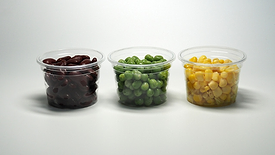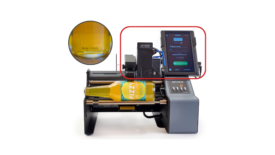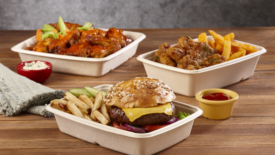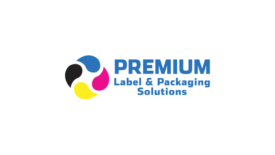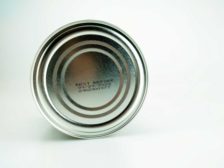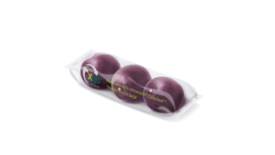Packaging
Extended Producer Responsibility Programs for Food Packaging: Balancing Source Reduction with Food Safety
EPR programs shift responsibility for management and disposal of consumer products to producers and distributors—and are gaining ground in the U.S.
June 12, 2023
Innovation at the Intersection of Food Packaging and Food Safety
Several food packaging options have emerged that directly contribute to producing a high-quality and safe food product
February 6, 2023
Never miss the latest news and trends driving the food safety industry
eNewsletter | Website | eMagazine
JOIN TODAY!Copyright ©2025. All Rights Reserved BNP Media.
Design, CMS, Hosting & Web Development :: ePublishing
